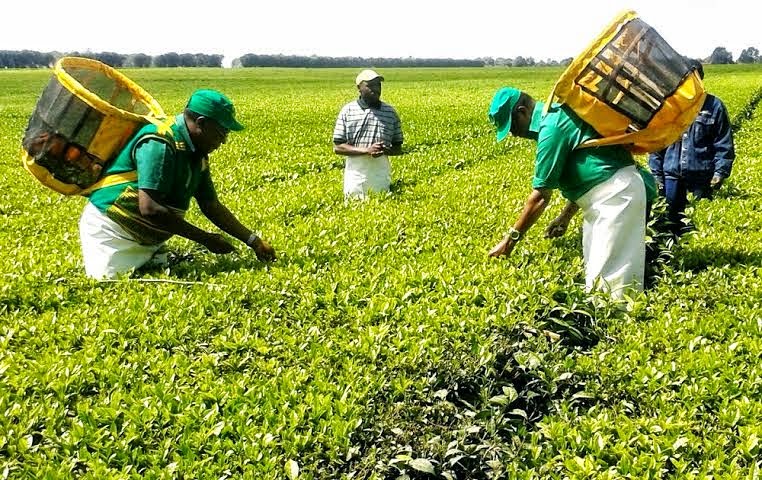FOOD crops contribute 65 percent of agricultural output, which contributes 28.7 percent of the country’s Gross Domestic Product (GDP), with maize alone contributing 20 percent. The Deputy Minister of Agriculture, Mr Innocent Bashungwa, told the National Assembly here yesterday that while 28.7 percent of the GDP comes from agriculture sector, about 65.5 percent of Tanzanians have been employed in the sector.
Either, he said while food and business products contribute 70 percent of revenue in rural areas, the agricultural sector was very important in the strategy of developing the industrial sector in the country by contributing about 65 percent of industrial raw materials. He was responding to a question by Frank Mwakajoka (Tunduma-Chadema), who wanted to know when the government will practically support the statement that agriculture is the backbone of the nation.
The deputy minister explained that the government, for a long time, recognizes and supports the statement that agriculture is the backbone of the nation. According to him, the importance of the agricultural sector is reflected in various economic and social indicators such as agricultural input in employment, national income, food security and industrial raw materials.
“The government has strategies and plans aimed at strengthening the agricultural sector to increase success and productivity of agricultural products as well as to provide farmers with reliable markets,” the deputy minister said. He pointed out that Policies, Strategies and Programmes implemented include the National Agriculture Policy of 2013, the Agricultural Sector Development Programme Phase II-ASDP II 2018 / 2019-2028 / 2029 with other policies, strategies and plans.
One of the effective efforts to recognize agriculture is the backbone, he said, is the introduction of the Tanzania Agricultural Development Bank (TADB), which provides loans of just eight percent interest. The deputy minister said the government has continued to reduce fees, levies and taxes in agriculture, strengthen research services, including establishing the Tanzania Agricultural Research Institute (TARI) and strengthening cooperatives to facilitate and manage the markets of strategic products.







